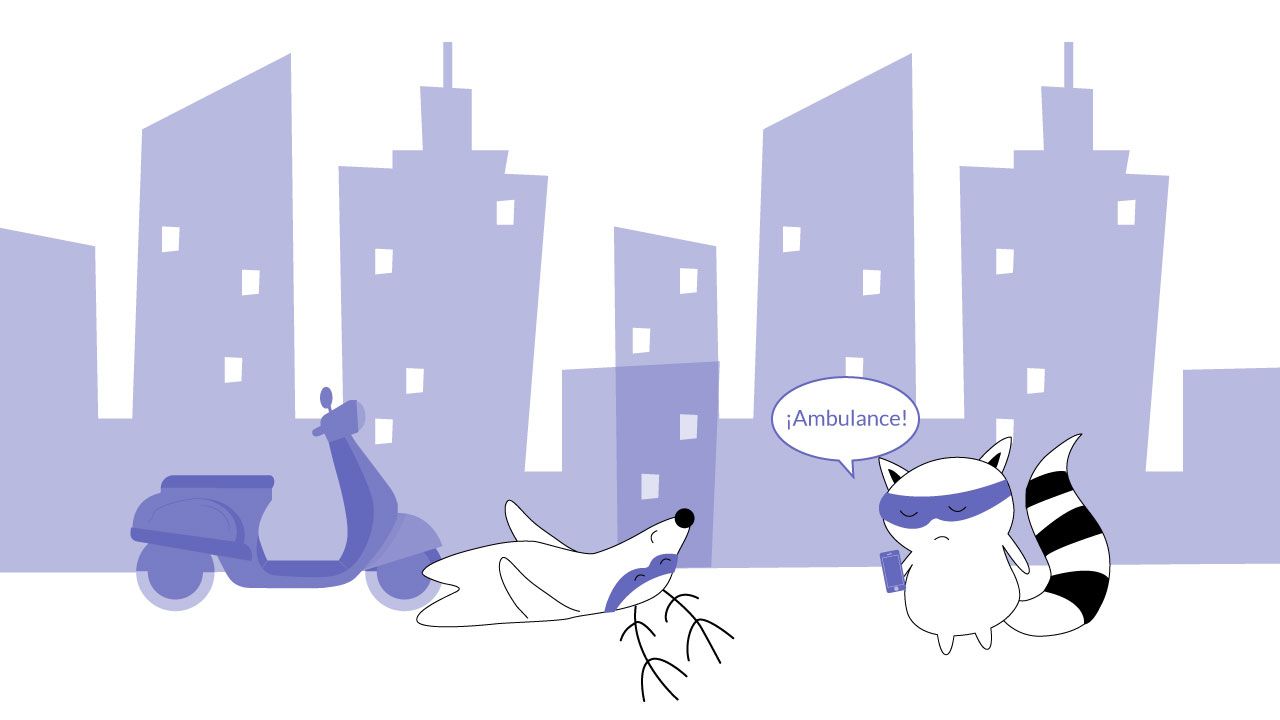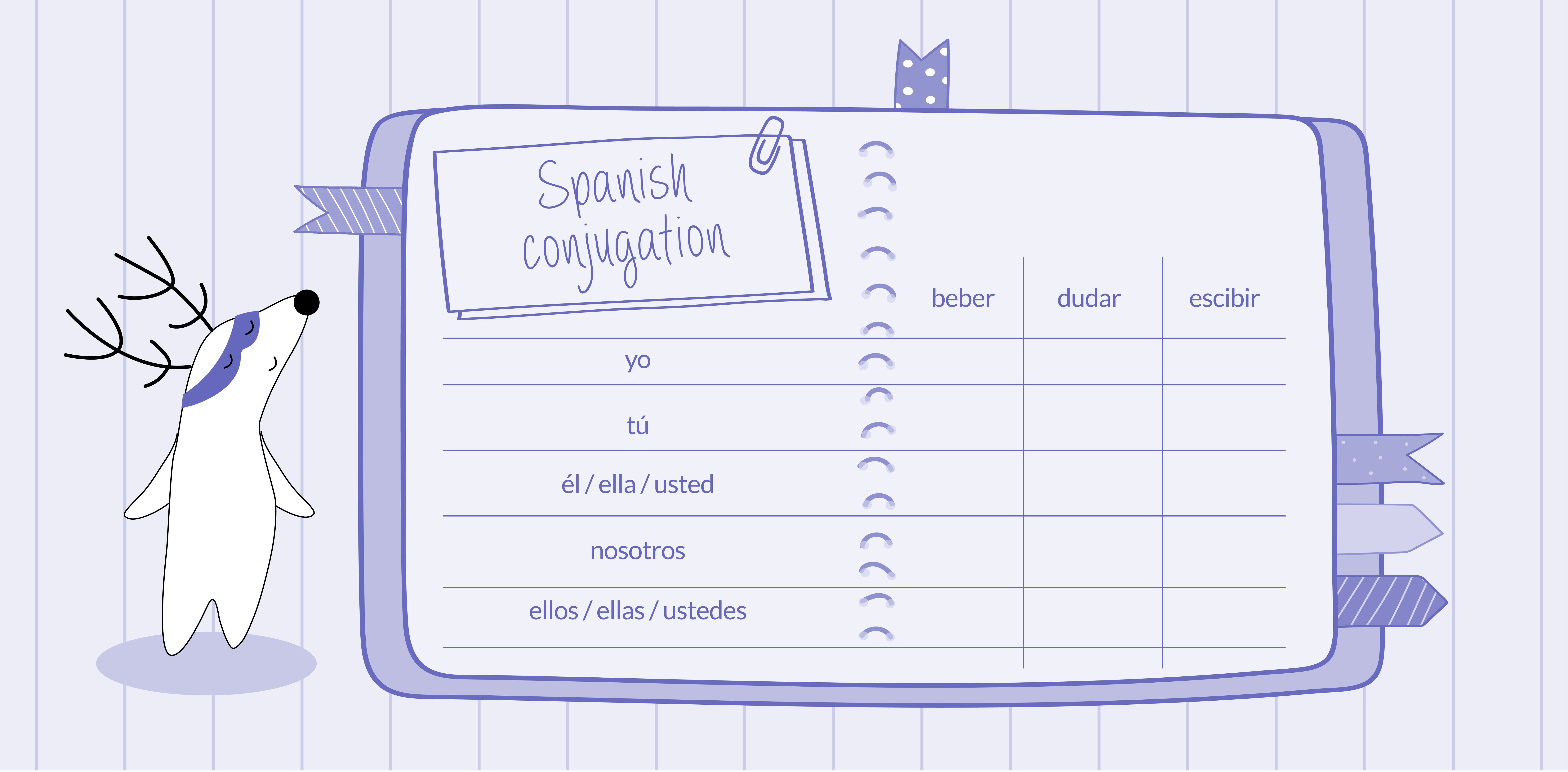
Asking for help can be a difficult task in any language. This is especially true if you are in a new place and don't know the local language. However, there are a few key phrases you can learn that will help you find assistance in any circumstances.
If you ever find yourself needing to ask for help in Spanish, don't panic! Below, we'll share a few phrases you can use in most situations.
Whether you're looking for directions, ordering food at a restaurant, or just trying to find the right words to communicate with someone, these helpful phrases will come in handy. So, make sure to add them to your vocabulary list!
Learn Spanish with Langster
Disculpe, ¿podría ayudarme?
When you find yourself in a situation where you need help, the phrase Disculpe, ¿podría ayudarme? is a great way to get started.
Spanish
English
Disculpe, ¿podría ayudarme?
Excuse me, could you help me?
This phrase is polite and will let the other person know that you need assistance. Plus, it's a great icebreaker if you're feeling shy or nervous about asking for help.
Necesito ayuda, por favor
If you need to be more direct, you can use the phrase Necesito ayuda, por favor.
Spanish
English
Necesito ayuda, por favor.
I need help, please.
You can use this phrase in almost any situation, whether you're lost and need directions or you're having trouble communicating with someone. This is also a great option if you're in a hurry or if the person you're asking for help doesn't seem to understand what you need.
¿Me ayudas?
If you want to keep your request for help short and sweet, you can use the phrase ¿Me ayudas? This is a great option if you're in a hurry or if you don't need a lot of assistance.
Spanish
English
¿Me ayudas?
Can you help me?
Keep in mind that this phrase is less formal than the others on this list, so it's best to use it with people you know or in informal situations.

¿Podría darme una mano?
Another great way to ask for help is by using the phrase ¿Podría darme una mano? This is a more informal way of asking for help, but it can be used in a variety of situations.
Spanish
English
¿Podría darme una mano?
Could you give me a hand?
For example, you could use this phrase if you need help carrying something heavy or if you need someone to watch your things while you go to the bathroom.
Alternatively, you can say ¿Me echas una mano? which has the same meaning. For example:
Spanish
English
¿Me echas una mano con las bolsas?
Can you give me a hand with the bags?
¿Te importaría?
If you need to ask someone for a favor, you can use the phrase ¿Te importaría? This is a great way to politely ask someone for help.
Spanish
English
¿Te importaría?
Would you mind?
For example, you could use this phrase if you need to borrow something from someone or if you need them to watch your things while you step away.

¿Puedo pedirte un favor?
If you want to be even more polite, you can use the phrase ¿Puedo pedirte un favor? This is a great way to get someone's attention and let them know that you need their help.
Spanish
English
¿Puedo pedirte un favor?
Can I ask you for a favor?
Keep in mind that this phrase is quite formal, so it's perfect to use in formal situations or with people you don't know well.
Alternatively, you can say ¿Me podrías hacer un favor? – another handy Spanish phrase used to politely ask for help in both formal and informal settings.
Spanish
English
¿Me podrías hacer un favor?
Could you do me a favor?
For Emergencies:
¡Ayúdame, por favor!
In some situations, you may need to ask for help in a more urgent way. If this is the case, you can use the phrase ¡Ayúdame, por favor!
Spanish
English
¡Ayúdame, por favor!
Help me, please!
This phrase is ideal for emergency situations when you need someone's immediate assistance. For example, you could use it if you're injured or if you're in danger.
¡Auxilio! Socorro! Ayúdenme!
Additionally, there are a few short yet strong words that will help you gain someone’s attention in an emergency:
Spanish
English
¡Auxilio!
Help!
¡Socorro!
Help!
Ayúdenme!
Help me!
These phrases will come in handy when seeking immediate assistance, regardless of the situation.

¿Podrías llamar al 911, por favor?
If you need to call the police or ambulance, you can use the phrase ¿Podrías llamar al 911, por favor? This is a great way to get someone's attention and let them know that you need help immediately.
Spanish
English
¿Podrías llamar al 911, por favor?
Could you call 911, please?
Alternatively, if you need medical help, you can ask someone to call an ambulance using the phrase ¿Puedes pedir una ambulancia?
Spanish
English
¿Puedes pedir una ambulancia?
Can you call an ambulance?
And if you need to go to the police station, here is a Spanish phrase you should learn:
Spanish
English
¿Te importaría llevarme a la estación de policía?
Would you mind taking me to the police station?
Keep in mind that this phrase is only for emergency situations. Do not use it if you don't need immediate assistance.
The Bottom Line

Asking for help in Spanish is easy with these essential phrases. Whether you're lost and need directions or you're in danger and need immediate assistance, these phrases will help you get the assistance you need.
So, next time you're traveling to a Spanish-speaking country or find yourself in a difficult situation, don't hesitate to ask for help using one of these must-know phrases.
And, if you’re looking for more real-life examples and want to learn new vocabulary in the context, download our Langster app and learn Spanish with stories! Good luck!









